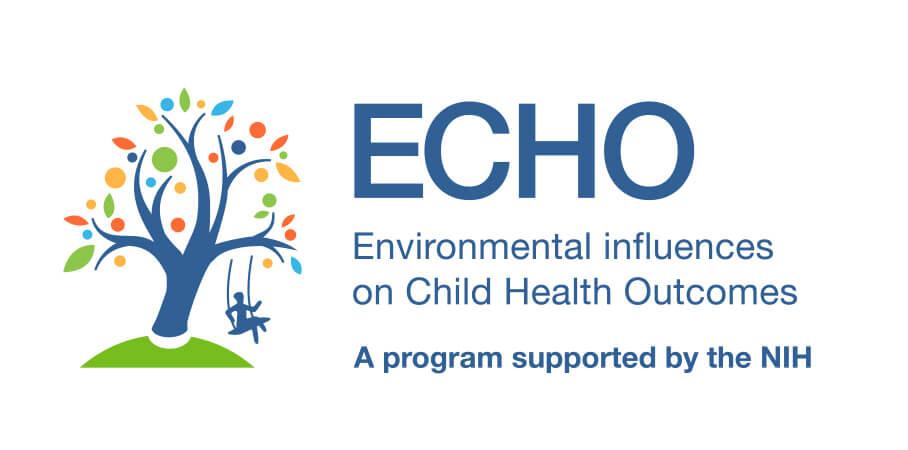
The DCRI serves as the Coordinating Center for the program, which received single IRB approval to proceed with its expansive observational research.
The National Institutes of Health’s (NIH’s) ECHO Program has received single Institutional Review Board (sIRB) approval for its ECHO-wide Cohort Data Collection Protocol, clearing the program to start answering high-impact research questions related to early influences on child health outcomes. The DCRI serves as ECHO’s coordinating center to help the program meet its mission to enhance the health of the nation’s children.
“The ECHO-wide Cohort Data Collection Protocol includes hundreds of interacting variables, and the DCRI played a central role in uniting collaborators to bring it to life,” said the DCRI’s P. Brian Smith, MD, MPH, MHS, who serves as a principal investigator for the ECHO coordinating center. “This sIRB approval gives us the green light to begin ECHO’s important research, delivering answers that will help our nation’s children live happier, healthier lives.”
ECHO is a seven-year NIH-supported program that is trying to better understand the effects of a broad range of influences—including physical, chemical, biological, social, behavioral, natural, and built environments—on child health outcomes. The ECHO-wide Cohort is made up of more than 70 individual cohorts of mothers and children from ongoing research projects. Researchers follow participants through different life stages, some starting before birth and through adolescence. Together, they form a massive virtual “cohort of cohorts” that includes more than 50,000 children from diverse backgrounds across the United States. By bringing together data collected under a single protocol, ECHO researchers can answer high-impact, complex research questions.
While many past research projects have looked at children through a single, narrow lens, the ECHO Program is taking a multidisciplinary approach that will offer a richer understanding of child health and development. Researchers from 44 states, Puerto Rico, and the District of Columbia are involved in the ECHO-wide Cohort Data Collection Protocol.
As ECHO’s coordinating center, the DCRI plays a crucial role in ECHO’s mission. The DCRI is responsible for organizing and managing activities and logistics for all collaborative components of the ECHO Program. Nearly 40 DCRI employees work on ECHO.
“ECHO has a huge scale and an ambitious vision, which is why it is such an important program for the DCRI,” said the DCRI’s Elisabeth Schweins, MS, who serves as project director for the ECHO Coordinating Center. “As ECHO’s Coordinating Center, the DCRI is poised to make a real difference in the lives of children across our nation, uncovering insights that can potentially improve their lives for generations to come. It is an exciting opportunity, and we are eager to get started.”
One of the first steps of protocol implementation is training site staff on the specific measurements in the ECHO-wide Cohort Data Collection Protocol. Consistency in data collection and measurement between cohorts will be critical to obtaining quality data. The coordinating center is committed to supporting the training of site staff and has created an integrated plan of training communications, online Learning Management System modules, and in-person training sessions for site staff to gain necessary protocol experience.